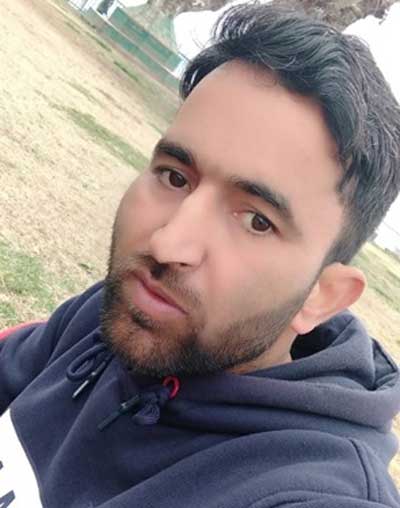Ayesha, a seven-year-old from a busy street, no longer smiles like she used to. Her silence is a plea, one that goes unheard because her family, her surroundings, and her society find it easier to look away. Her story is heartbreakingly familiar; it is a reflection of a harsh reality that too many children in Pakistan endure. Protecting children is a parent’s greatest responsibility. But fulfilling this role in fact demands a thoughtful approach – one that merges cultural awareness with global best practices, balanced in everyday actions. The right tools empower parents to overcome societal constraints and provide their children with the safety they deserve.
The key to safeguarding children starts with teaching them body safety, using simple and clear terms that match their level of understanding. Parents should use simple, culturally appropriate language in Urdu, Sindhi, or other local languages to explain concepts like body autonomy. The “No, Go, Tell” approach is an important way to equip children with the knowledge and confidence to protect themselves: saying “No” when something doesn’t feel right, “Go” to a safe space, and “Tell” an adult they trust for help. Role-playing these scenarios allows children to rehearse their responses in a safe environment, giving them the confidence and skills they need to make quick decisions when faced with uncomfortable situations.
Culturally, parents in Pakistan prefer to avoid from discussing sensitive topics. This must change. Parents can use child-friendly storybooks, videos, or animated tales available online that teach about safe and unsafe touch. These tools are engaging, educational, and safe and friendly for both children and parents.
Digital safety is another rising challenge. With increasing internet penetration in Pakistan, parents must educate children about online dangers, such as abusers and inappropriate content. This includes teaching children to never share personal information online and to avoid interactions with strangers. Installing parental controls and monitoring online activity is necessary, but open communication about digital habits builds trust and ensures long-term safety.
Parents should also take advantage of local support systems. Establishing informal community ties where parents collectively monitor shared spaces – playgrounds and streets – can appreciably reduce risks. Building relationships with school teachers and local caregivers helps ensure that someone trustworthy is always looking out for the children.
For economically disadvantaged parents and those who are unable to read or write, workshops that use visual cues and interactive role-play transform abstract ideas into practical, actionable knowledge, making child protection more accessible to everyone. Local NGOs and schools can organize these sessions, teaching parents the basics of child safety without requiring literacy. These workshops can also train parents on identifying signs of abuse, such as sudden behavioral changes, fearfulness, or physical injuries.
In Pakistan, where faith holds a key position in daily life, Imams and respected religious figures can use their influence to instill a deep respect for childhood, encouraging families and social circles to take collective responsibility in protecting their children.
A shift towards gender-neutral parenting can notably impact children’s self-perception and societal roles. In many Pakistani households, fathers remain uninvolved in discussions about parenting and safety. Fathers should take an active role in teaching body safety and modeling respectful behavior. When both parents are united in these efforts, children receive a stronger, more consistent message about their worth and safety.
If abuse occurs, parents must respond with empathy and abrupt action. Turning a blind eye or accusing the victim helps to perpetuate the cycle of violence. Parents should assure the child that they are believed, seek medical and psychological support, and report the abuse to authorities. Using anonymous helplines like Pakistan’s 1121 Child Protection Helpline can help parents take action privately while receiving guidance from professionals.
Although child safety is a shared concern, the most impactful steps must be taken within the home, where children first learn about their rights and safety. With these actionable steps, parents can create a foundation where children feel safe, appreciated, and capable of achieving anything they set their minds to. The fight against child sexual abuse in Pakistan is winnable, but it requires every parent to approach the challenge with courage, knowledge, and an undying commitment to making a difference.
Simple steps to protect your child from harm




